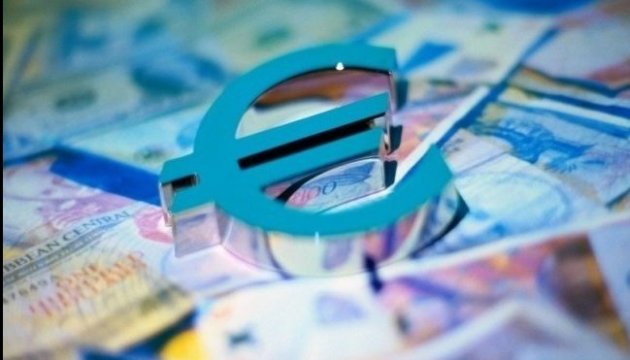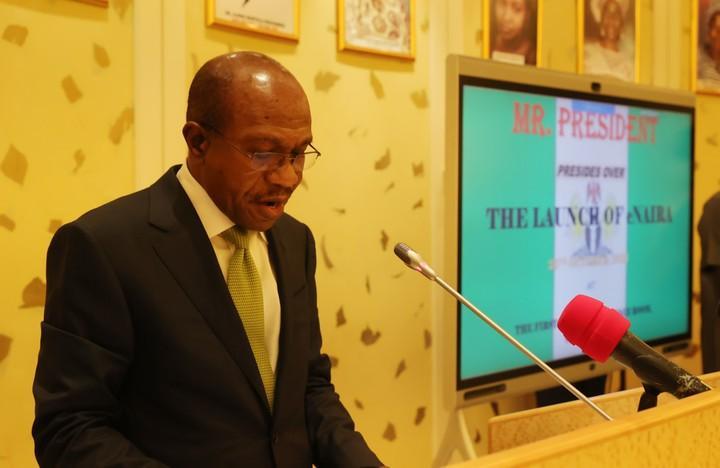- The Historic Listing of $1bn Eurobond on NSE
The Federal Government recently achieved remarkable success with the issuance of its first FX-denominated bonds.
The bond, issued under Nigeria’s newly established Global Medium Term Note programme, is the third in the series after the ones in 2011 and 2013. The Notes will bear interest at a rate of 7.875 per cent and will mature on February 16, 2032, with a bullet repayment of the principal.
The Eurobond, which is part of federal government’s funding strategy for its 2016 capital expenditure plan will be utilised to fund key infrastructure projects, in line with its economic plan. The Notes were approximately eight times oversubscribed with orders in excess of US$7.8 billion compared to a pre-issuance target of US$ 1.0 billion.
Following the massive 780 per cent subscription to the bonds, it was admitted to the official list of the UK Listing Authority and available to trade on the London Stock Exchange’s regulated market. Many analysts have attributed this huge oversubscription rate to a buoyant investor appetite for building exposure to Nigeria and the demonstration of international capital markets confidence in the Nigeria’s economic reform agenda.
The Notes were issued following a successful one-week roadshow led by the Minister of Finance, Mrs. Kemi Adeosun, to key global financial centres – London, Los Angeles, Boston and New York. Other members of the delegation include Minister of Budget and National Planning, Senator Udoma Udo Udoma; Governor of the Central Bank of Nigeria; Godwin Emefiele, Director-General of the Debt Management Office (DMO),Dr. Abraham Nwankwo; and Director General of the Budget Office, Ben Akabueze,
In line with federal government’s commitment to the development of the domestic capital market, Debt Management Office (DMO) last Thursday, listed the $1 billion (FGN) Eurobond on the floor of The Nigerian Stock Exchange.
The 15-year Sovereign is the first foreign currency denominated security to be listed and traded in the Nigerian capital market. The minimum denomination to participate in the bond is USD200,000 and increment of USD 1000.
First, DMO DG, Dr. Abraham Nwankwo, and parties to the listing were hosted to a pre-listing meeting at the council of the exchange where the Executive Director, Market Operations and Technology, Mr. Ade Bajomo, received the team. In his brief remarks at the pre-listing event, Dr Nwankwo described NSE “a great stock exchange, the pride of Nigeria.”
At the Facts Behind the Listing presentation at the stock exchange, Nwankwo noted that, “The listing of domestic Sovereign Eurobond on the local bourse reinforces FGN’s commitment to deepen and grow the Nigerian capital market. Developing the domestic market can help bridge the infrastructure deficit constraining economic growth.”
Also speaking on the listing, the Executive Director, Market Operations and Technology, Mr. Ade Bajomo, commended the DMO for listing the Eurobond on the nation’s bourse. He noted that the domestic listing would diversify its investors’ base by giving Nigerian institutional investors access to the bond.
Bajomo further remarked that, “The listing of the dollar-denominated bond on the exchange will boost price discovery and liquidity in the local market as well as help attract reliable long term foreign currency denominated funds into the financial market. It would also set the foundation for raising and listing more foreign denominated securities in Nigeria which will open up additional capital raising options for issuers and portfolio diversification opportunities to investors”.
To ensure seamless trading and settlement of the Eurobond, the Exchange, in collaboration with Central Securities Clearing System (CSCS), developed a framework to facilitate onshore and cross border trade and settlement process in line with robust market practices.
At its 2016 NSE Market Recap & 2017 Outlook, the Exchange’s Chief Executive Officer, Mr Oscar N. Onyema, had raised hopes of a possible buoyant capital market in 2017. He stated that, “There will be a revival of supplementary listings, return of the new issuance market, and potentially one IPO since the equity market is a forward indicator of the economy. We are cautiously optimistic, as consensus estimates suggest a moderate recovery for Nigeria in 2017, provided that policy makers implement the right combination of policy measures.”
To reinforce this, NSE has gone on a listing spree from the beginning of the year. To date, it has listed the Stanbic IBTC Asset Management Limited listed Pension ETF 40, Top Services Limited listed a Real Estate Investment Trust, Forte Oil listed a N9 Billion Bond etc. With the listing of two companies by introduction at the beginning of the year, Medview Airline and Jaiz Bank added N14.65billion and N36.83billion respectively to the bourse’s market capitalisation.
It would be recalled that MTN, the telecommunications giant, had indicated interest to list on the exchange by 2017. According to experts, MTN listing on the Nigerian Stock Exchange would increase the market capitalisation by about 22 per cent.
The Securities and Exchange Commission (SEC) and NSE have been consistent in its advocacy to the federal government to encourage multinational companies operating in the country to list on the exchange, to give Nigerians the opportunity to benefit from their investments.

 Naira3 weeks ago
Naira3 weeks ago
 Naira3 weeks ago
Naira3 weeks ago


 Naira4 weeks ago
Naira4 weeks ago




 Naira2 weeks ago
Naira2 weeks ago
 Commodities4 weeks ago
Commodities4 weeks ago


 Sport Business4 weeks ago
Sport Business4 weeks ago


 News3 weeks ago
News3 weeks ago


 Banking Sector4 weeks ago
Banking Sector4 weeks ago
























